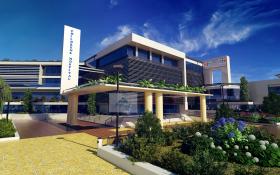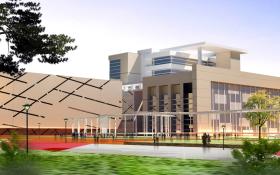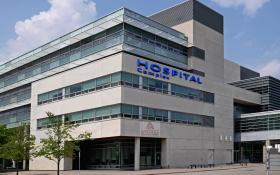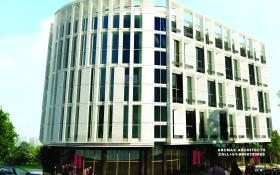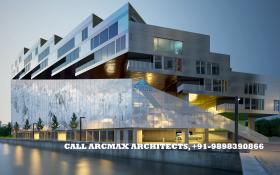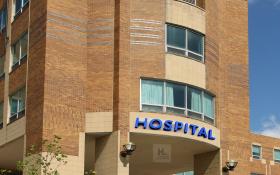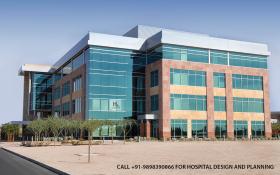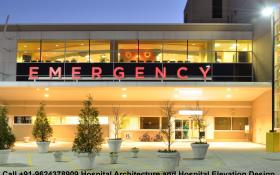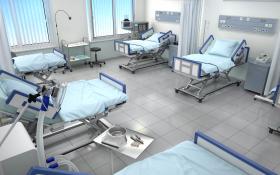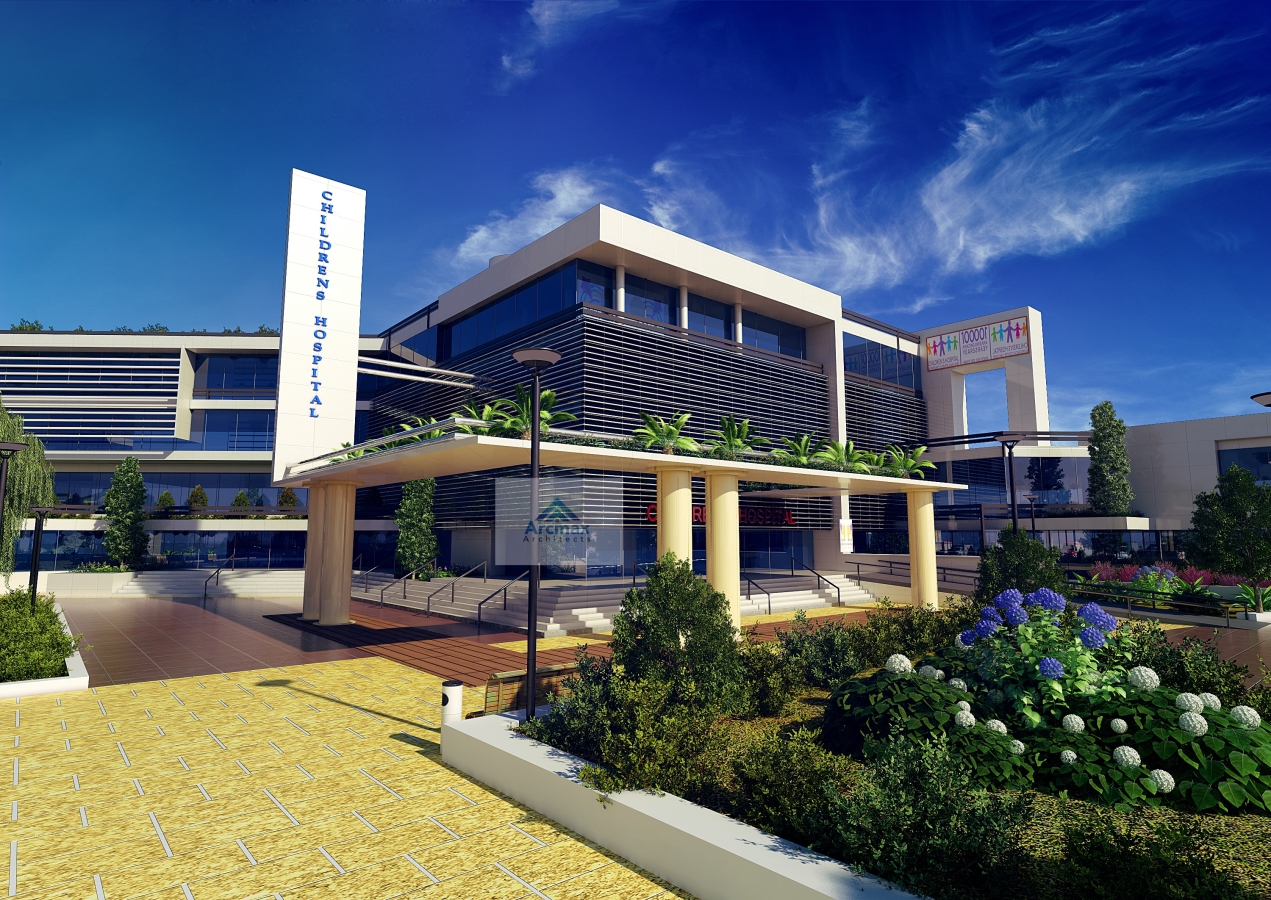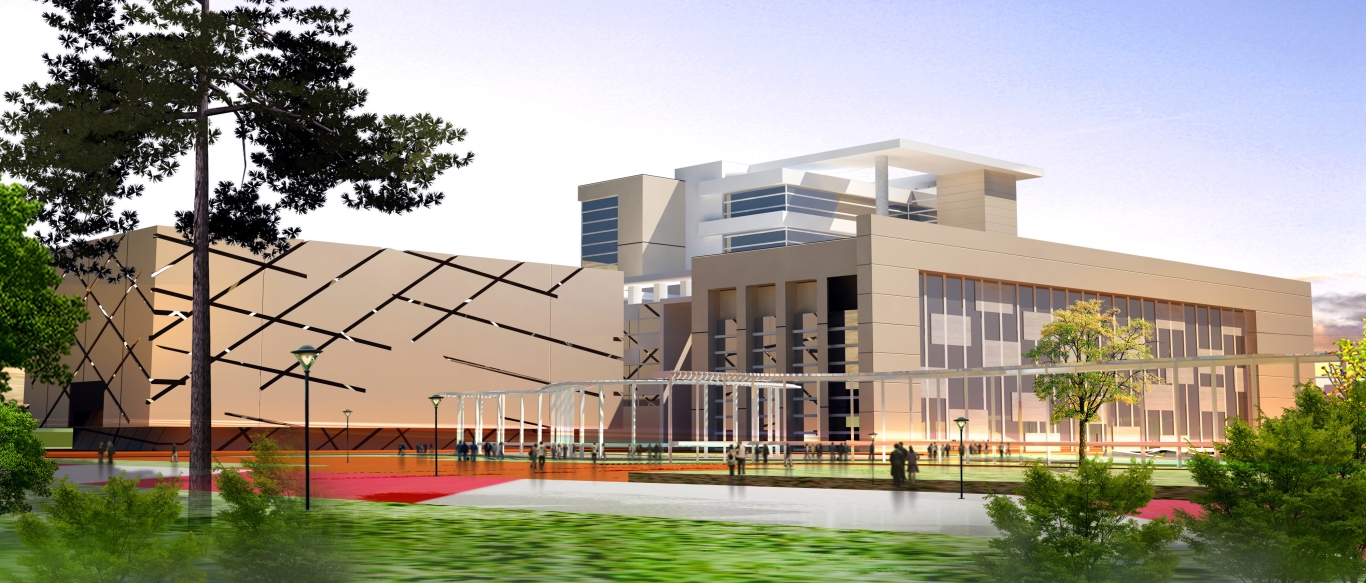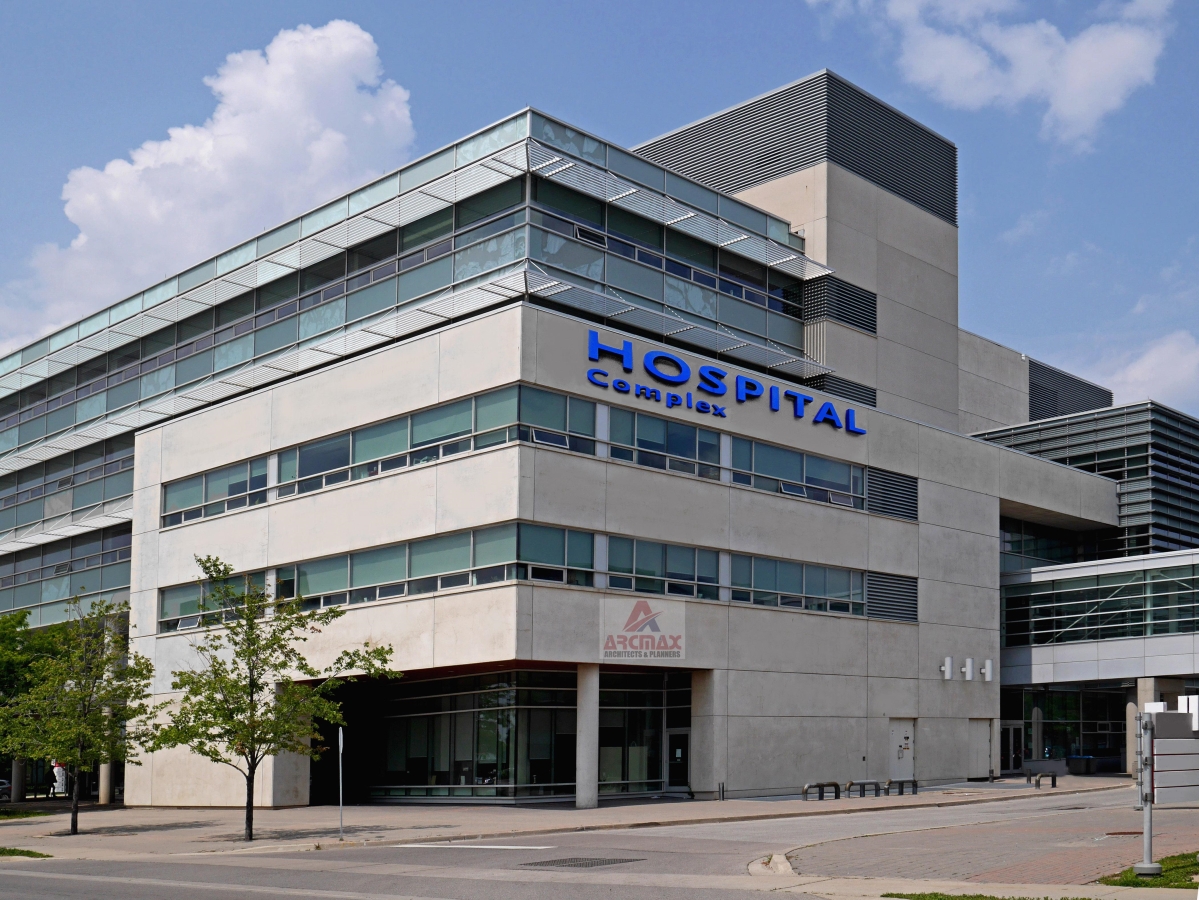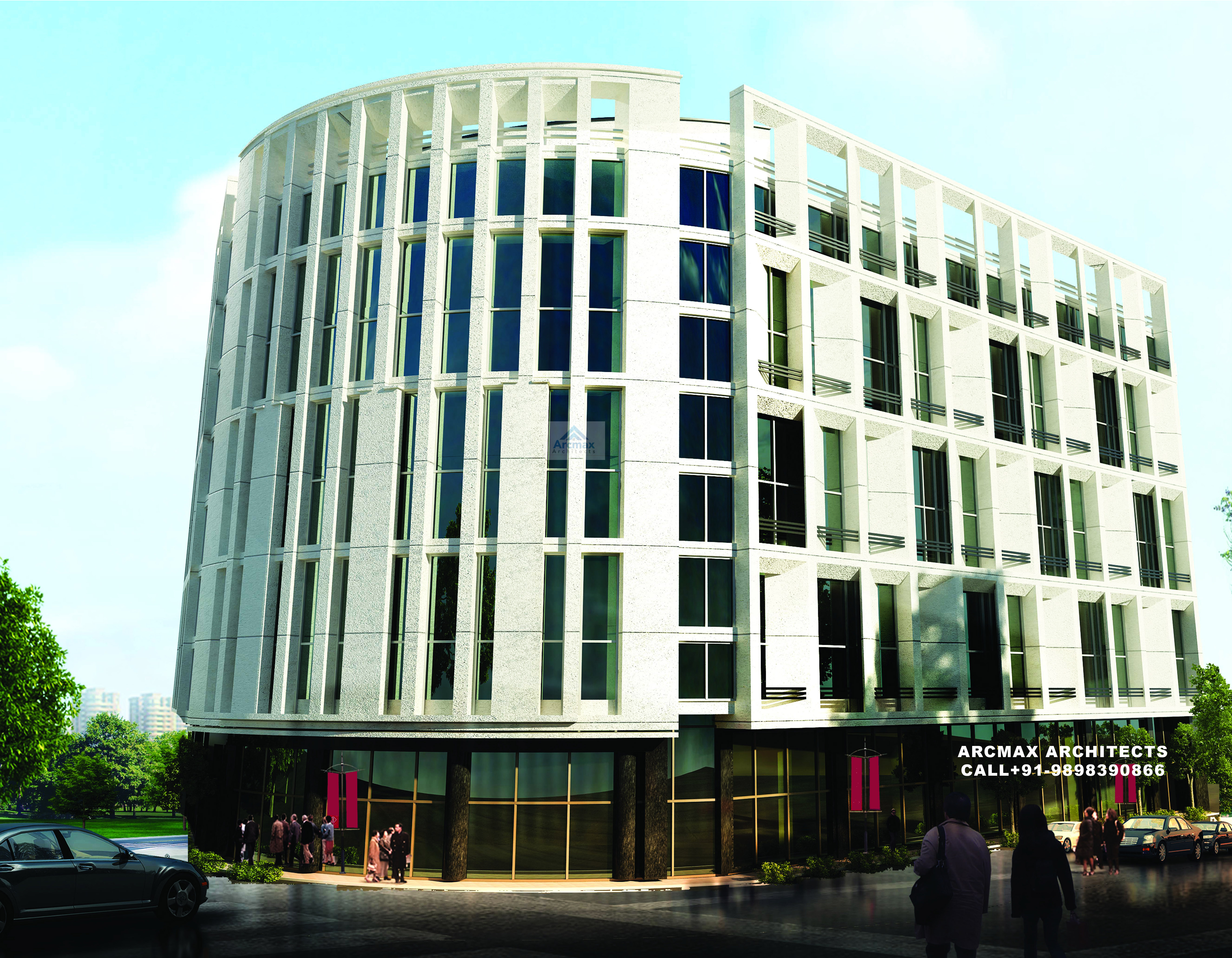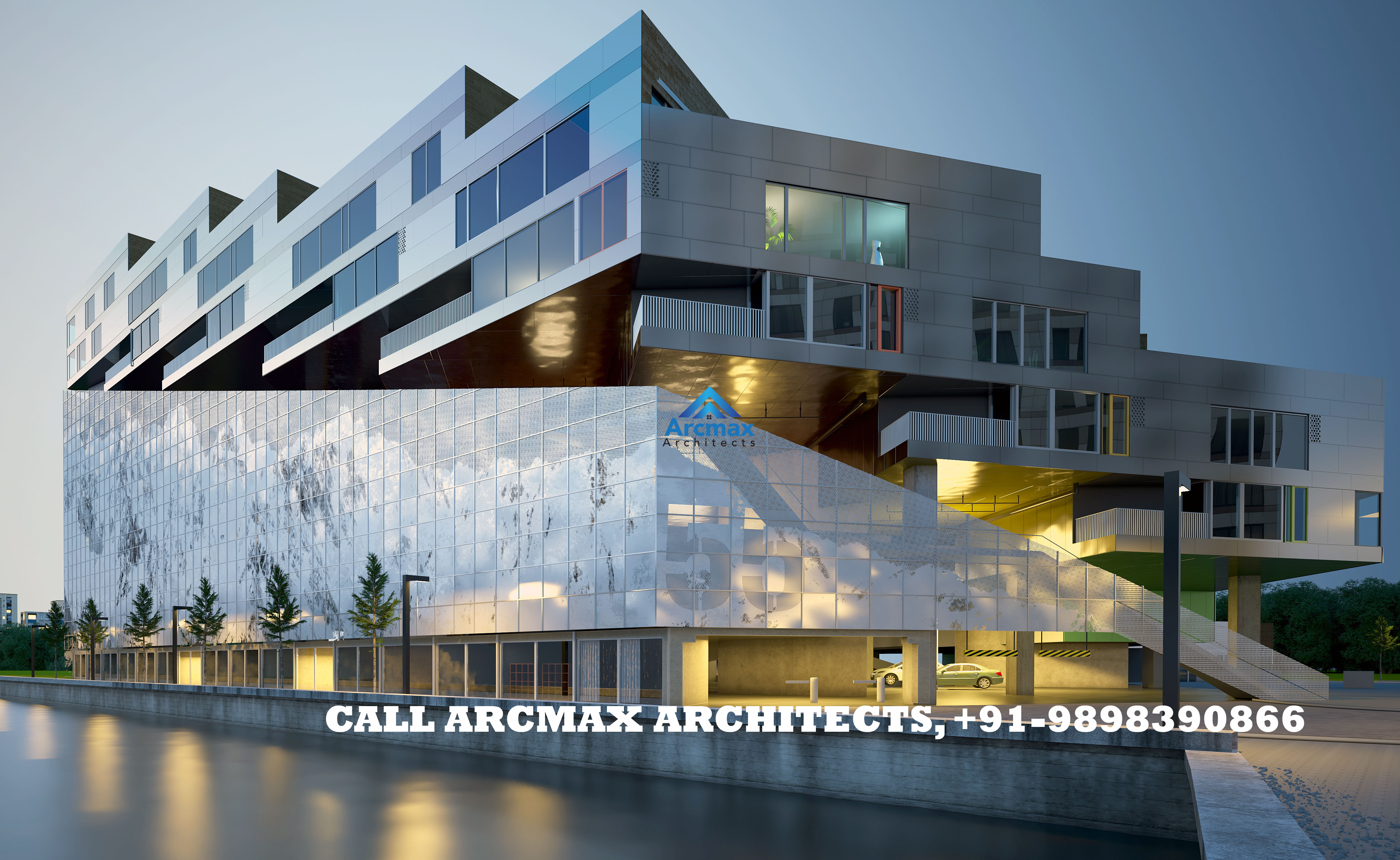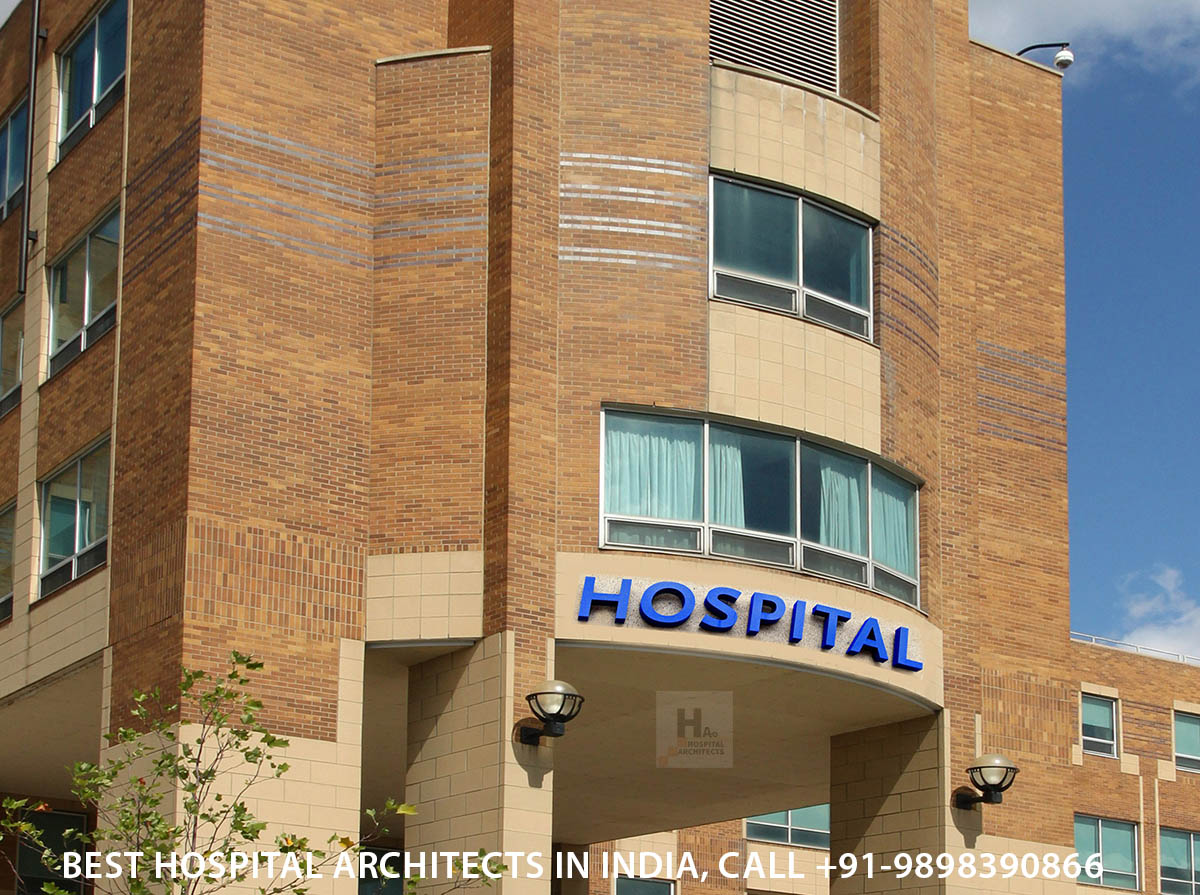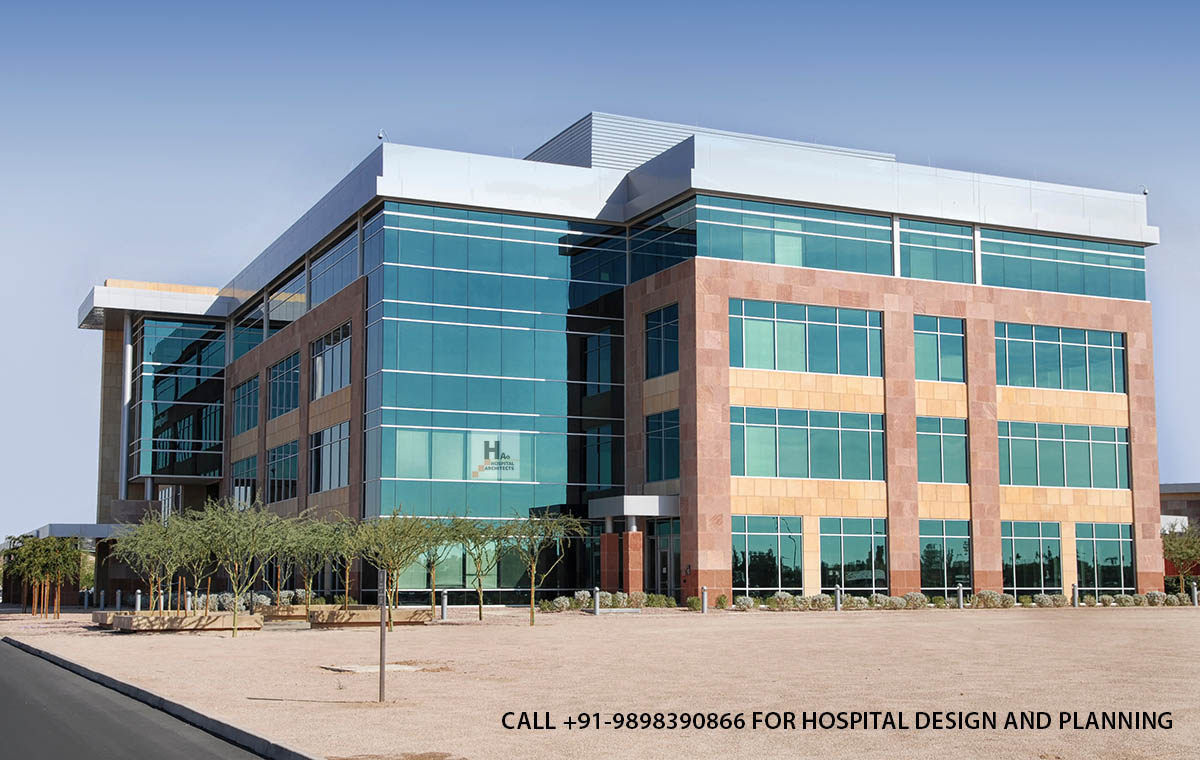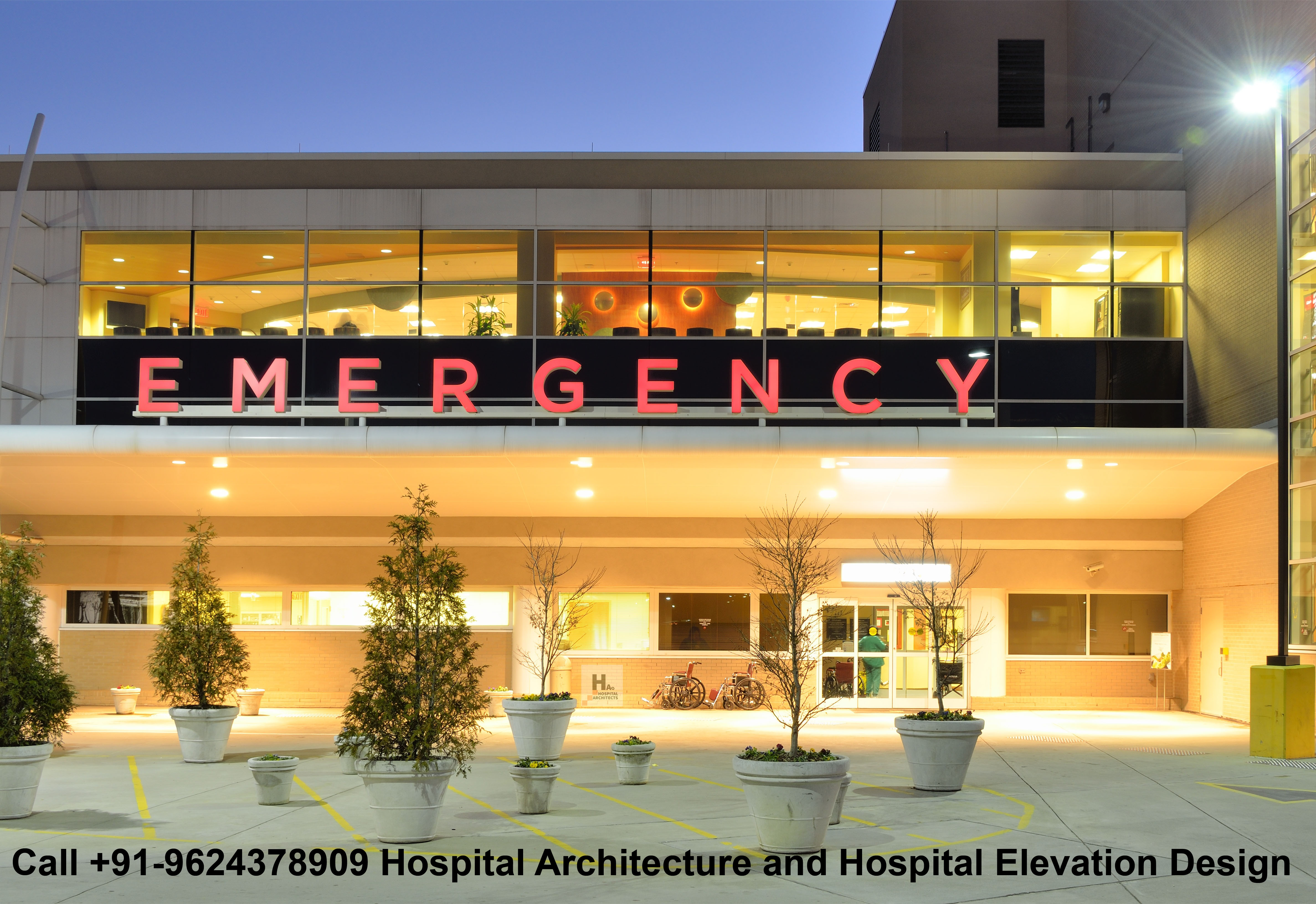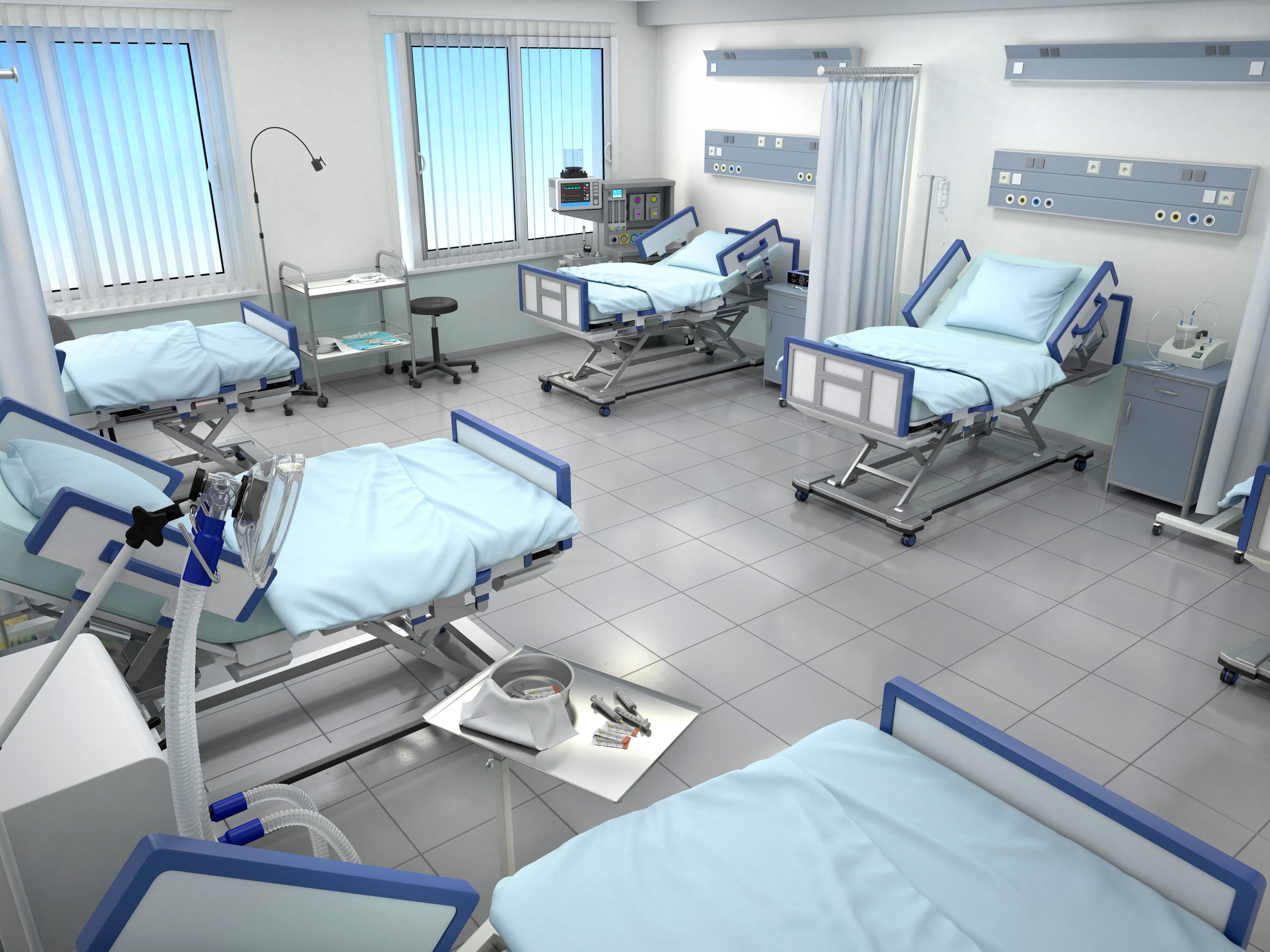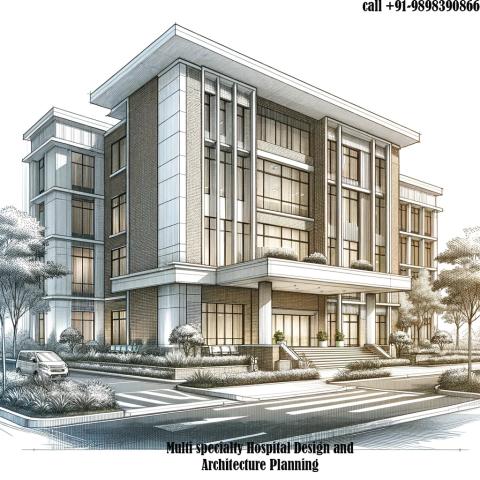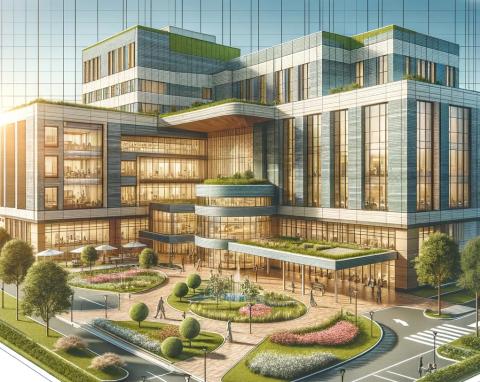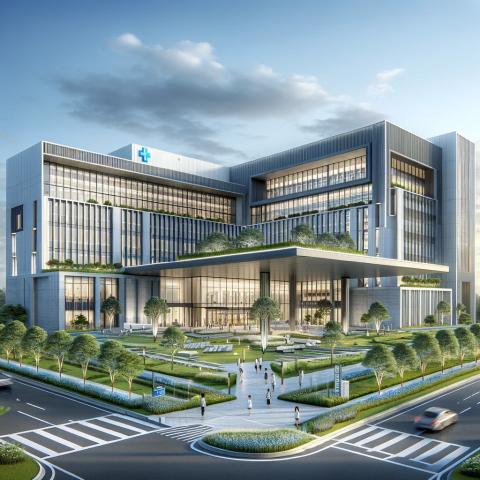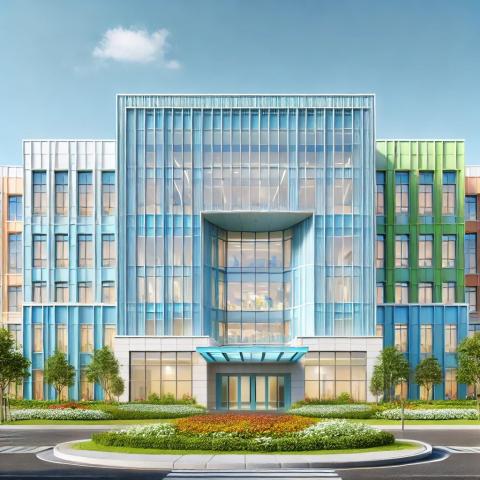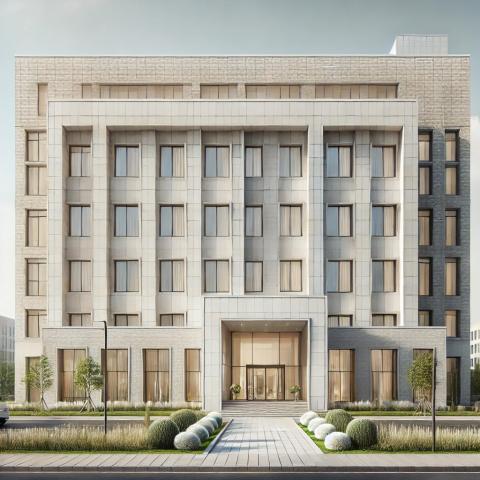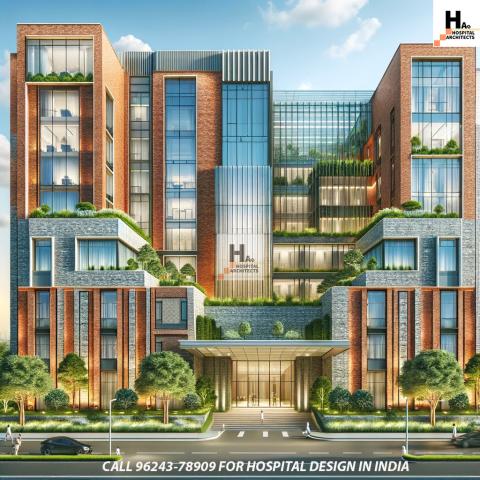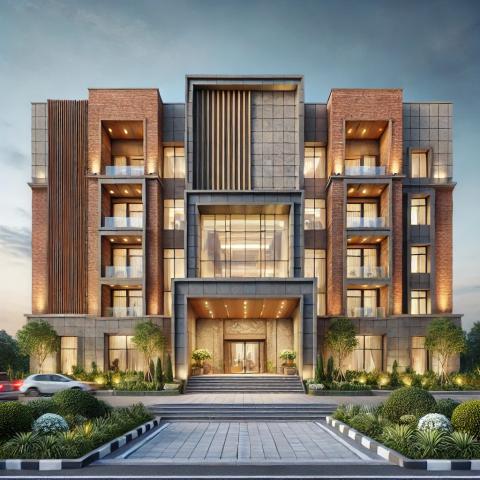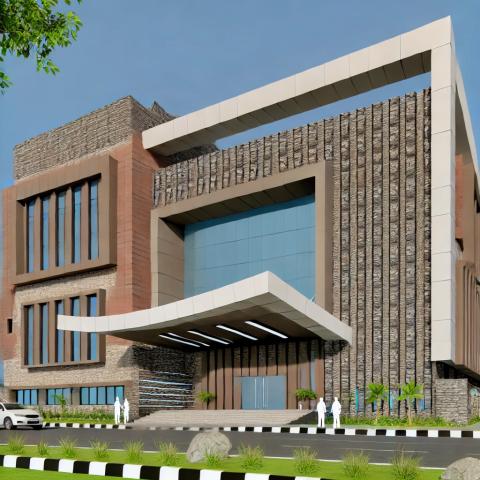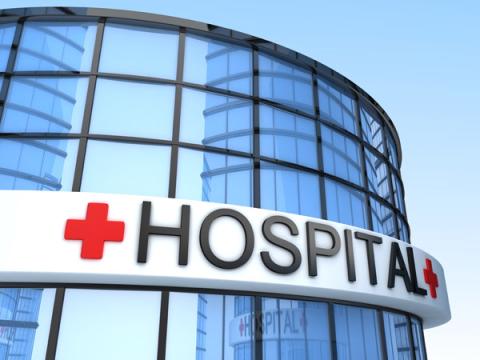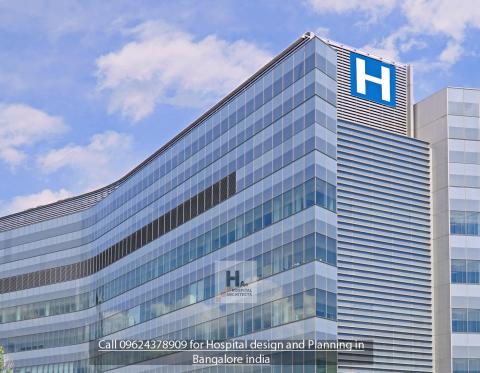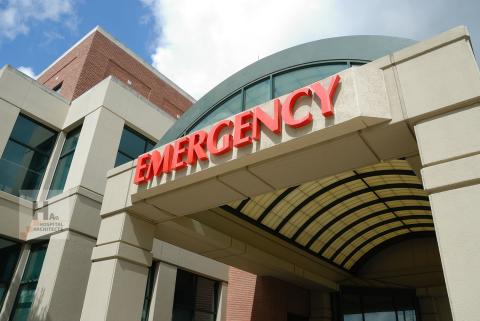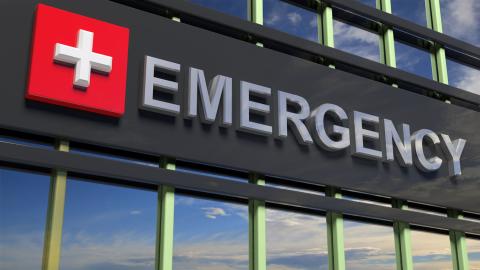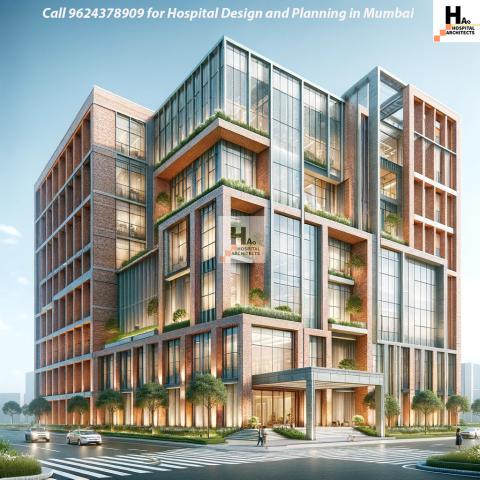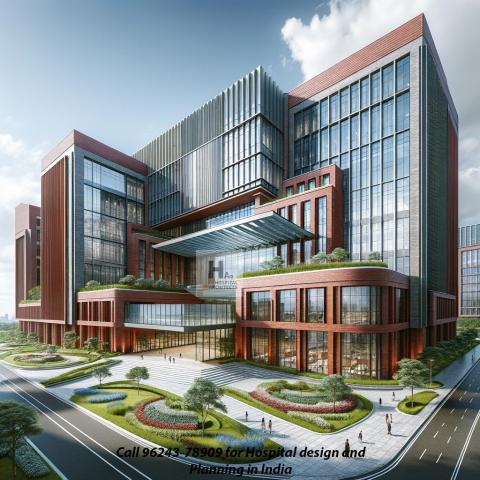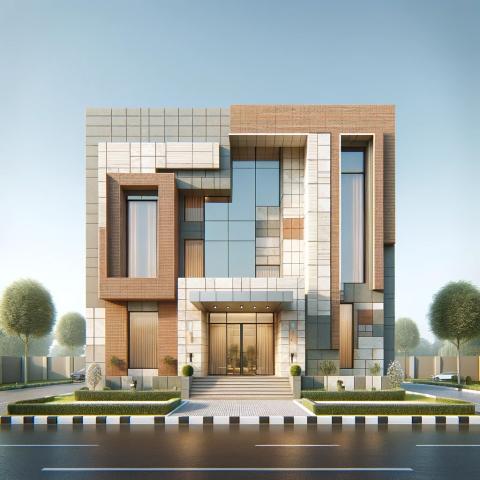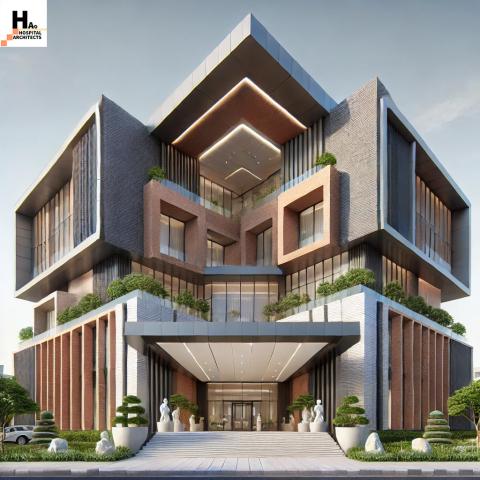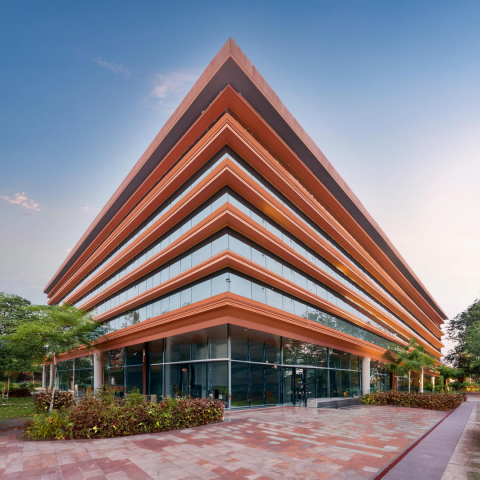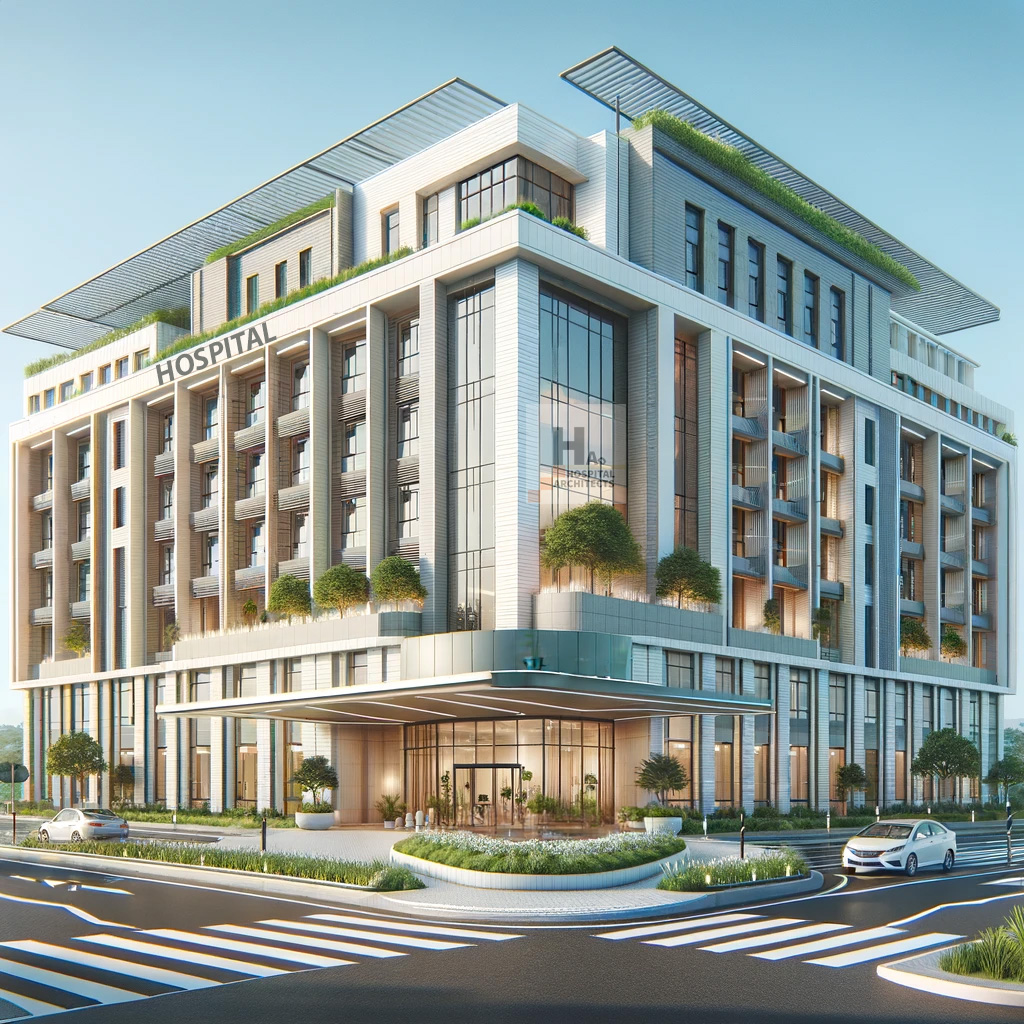
Medical Facility Planning for Healthcare Building Design: Call +91-9624378909 for Medical Facility Planning for Healthcare Building Design services in Ahmedabad, Raipur, gwalior, Delhi, Mumbai, chennai, Bangalore, nagpur, Bhopal, Indore and anywhere in India
Medical facility planning is a critical component in the development of healthcare infrastructure, ensuring that buildings are not only architecturally sound but also tailored to the unique needs of patients, healthcare providers, and staff. This meticulous planning process encompasses a broad range of considerations, from patient flow and safety to the integration of advanced medical technologies and sustainability practices. The ultimate goal is to create environments that enhance the delivery of care, promote healing, and adapt to the evolving landscape of healthcare.
Arcmax Architects stands at the forefront of medical facility planning for healthcare building design, distinguishing itself as the premier choice across major Indian cities including Delhi, Mumbai, Chennai, Bangalore, Surat, Bhopal, Indore, Raipur, and Nagpur. Their expertise in healthcare architecture combines innovative design with functional planning to create state-of-the-art medical facilities that meet the complex needs of modern healthcare delivery. Arcmax Architects’ approach is deeply rooted in understanding the unique challenges of the healthcare industry, enabling them to deliver designs that are not only aesthetically pleasing but also enhance patient care, staff efficiency, and facility sustainability.
Their projects across India reflect a commitment to excellence, integrating patient-centered designs with cutting-edge technology and sustainable practices. Choosing Arcmax Architects for medical facility planning ensures a partnership with a firm that is dedicated to shaping the future of healthcare environments, making them the best choice for healthcare building design in India’s leading cities.
Key Components of Medical Facility Planning
Understanding Healthcare Needs: The foundation of effective medical facility planning lies in a thorough understanding of current and future healthcare needs. This involves analyzing demographic trends, healthcare services demand, and advancements in medical technology to design facilities that can accommodate changing patient needs and medical practices.
Patient-Centered Design: Central to modern healthcare building design is the concept of patient-centered care. Facilities must be designed with the patient's comfort, privacy, and well-being in mind, including easy navigation, minimal noise, natural lighting, and spaces that promote healing and reduce stress.
Efficiency and Flexibility: Operational efficiency is paramount in healthcare facility design. This includes optimizing the layout for smooth patient flow, ensuring easy access to services, and minimizing travel distances for staff. Additionally, spaces must be flexible enough to accommodate future growth, technological upgrades, and changes in healthcare delivery models.
Safety and Compliance: Safety is a non-negotiable aspect of healthcare facility planning. This involves adhering to strict regulatory standards and guidelines for construction, fire safety, accessibility, and infection control. Designing for safety also means considering the well-being of patients with diverse needs, including those with disabilities.
Sustainability: Sustainable design practices are increasingly important in medical facility planning. This includes the use of energy-efficient systems, sustainable building materials, and designs that minimize environmental impact while also reducing operating costs.
Technology Integration: The rapid advancement of medical technology necessitates its integration into the healthcare facility design. This includes infrastructure for telehealth services, electronic health records, and state-of-the-art diagnostic and treatment equipment. Facilities must be designed to accommodate these technologies seamlessly, enhancing the quality of care and operational efficiency.
Challenges in Medical Facility Planning
Planning healthcare facilities presents unique challenges, such as balancing immediate healthcare needs with long-term flexibility, integrating complex medical technologies, and meeting rigorous health and safety standards. Planners must also navigate the financial constraints of healthcare projects, ensuring cost-effectiveness without compromising on quality or patient care.
The Future of Medical Facility Planning
The future of medical facility planning lies in innovation and adaptability. This includes exploring new models of care, such as outpatient and community-based services, and incorporating cutting-edge technologies like AI and robotics. Planners will also focus on creating more resilient healthcare infrastructures that can respond to public health emergencies and changing healthcare landscapes.
In conclusion, medical facility planning is a complex, multidisciplinary process that requires careful consideration of a wide range of factors. By focusing on patient-centered design, efficiency, safety, sustainability, and technology integration, healthcare facilities can meet the challenges of providing high-quality care in an ever-evolving healthcare environment.

